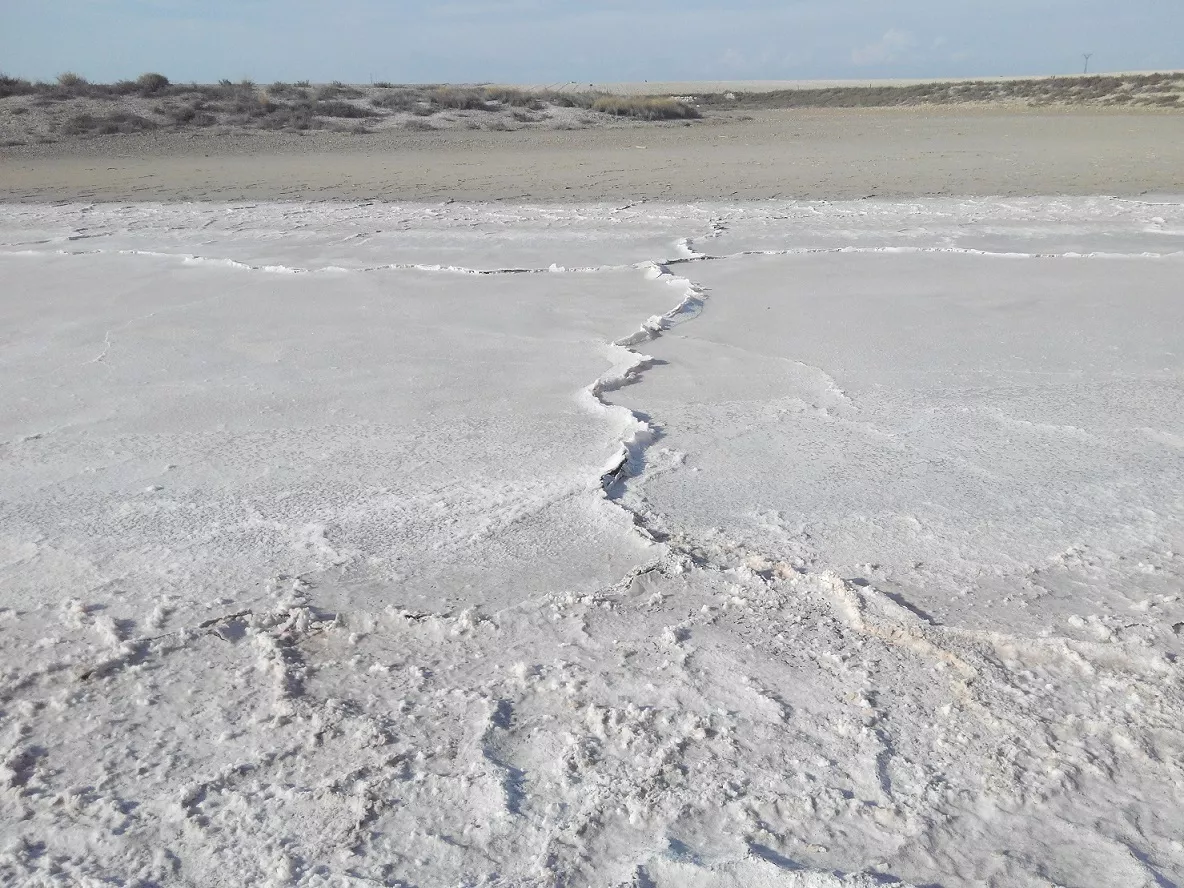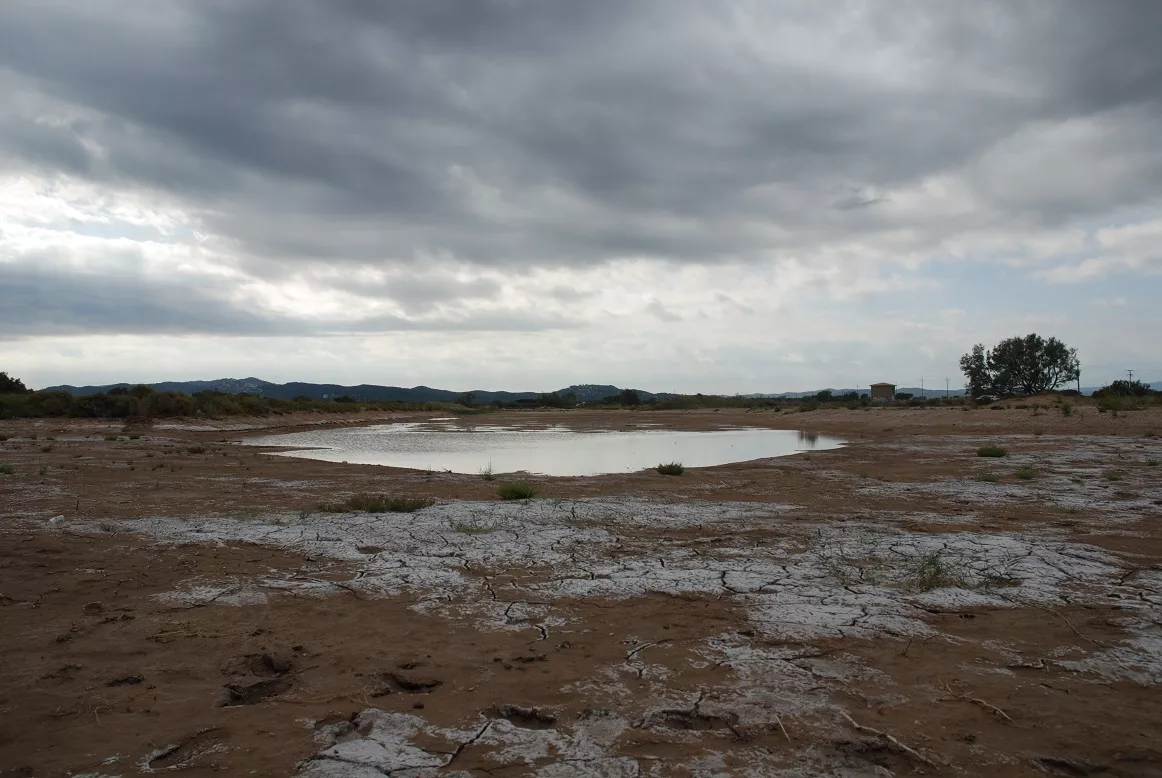Researchers from the Institute of Aquatic Ecology of the ELKH Centre for Ecological Research (CER) were involved in identifying research areas of high priority for salinisation of freshwaters and in setting global research priorities. A better understanding of these issues will help assess the impacts and consequences of freshwater salinisation on ecosystems and human society. The paper presenting the researchers' proposals was published in Trends in Ecology and Evolution, one of the most prestigious journals in ecology.
Salinisation of freshwater is one of the most pressing global problems affecting surface water resources today. Intensive agriculture, mining activities and increasing urbanization may also contribute to the increase in salinity, and climate change is expected to amplify their effects. Salinisation leads to a loss of biodiversity and changes in habitat function, thereby threatening the ecosystem services provided to society. Although there is a growing body of research on the subject, many ecological and evolutionary questions remain unanswered.

An international team of researchers, including experts from the CER, has now identified research gaps for different geographical regions and levels of biological organisation, based on scientific articles published over the past five years. The researchers also proposed future research priorities. Accordingly, particular emphasis should be placed on microbial ecology, functional ecology approaches, including functional genomics, and the study of global and landscape-scale processes.
"It is striking, for example, how little research has been done in Europe on the effects of road salting compared to North America. It is also striking that macroinvertebrates and zooplankton have been much more studied globally than, for example, primary producers or higher organisms such as vertebrates," explained Csaba Vad, a researcher at the CER's Institute of Aquatic Ecology. He added: "At the habitat level, much more attention has so far been paid to rivers and streams, as well as larger lakes. However, research on small bodies of water with very high biodiversity at the global level, such as small ponds, shallow lakes or intermittent streams, is scarce, even though they are the most abundant habitats worldwide and are under immense threat from the combined effects of changing water patterns and salinisation."
The researchers hope that this publication will raise awareness of the problem of salinisation of freshwaters, stressing the importance of collaboration among the scientific community, practitioners, local communities and decision-makers to successfully address this problem. This summary article was supported within the framework of the "Grand Challenges of Aquatic Ecology" webinar series organized as part of the H2020 AQUACOSM-plus project with the participation of the CER.
